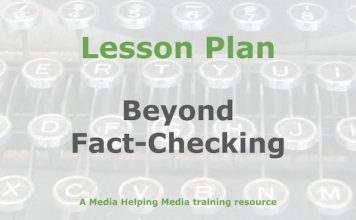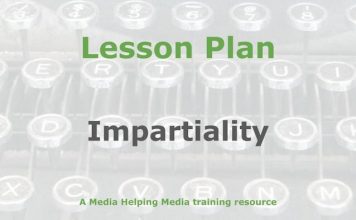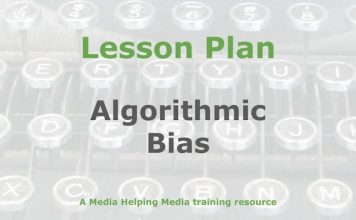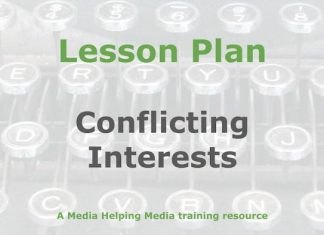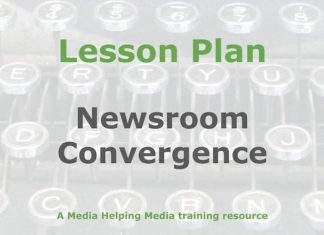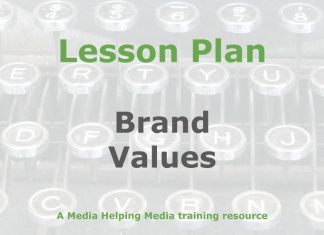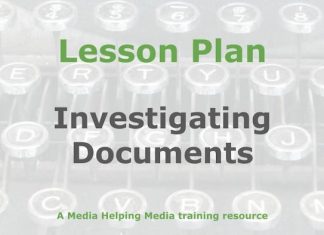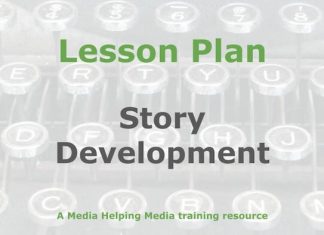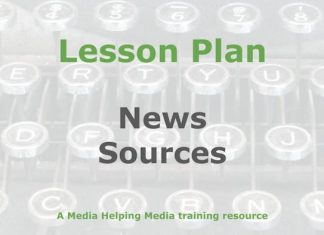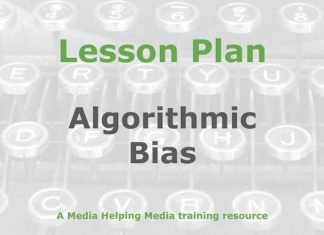Sample Category Title
Sample Category Description. ( Lorem ipsum dolor sit amet, consectetur adipisicing elit, sed do eiusmod tempor incididunt ut labore et dolore magna aliqua. )
Lesson: Conflicts of interest in journalism
This lesson plan emphasises the importance of understanding, identifying, and avoiding journalistic conflicts of interest in order to maintain editorial integrity and public trust.
Lesson: Creating a converged news operation
This lesson plan is designed to help senior media managers understand and implement a converge newsroom strategy.
Lesson: Brand values in news
This lesson plan is designed to help participants understand the importance of brand values in news and how they apply to journalists..
Lesson: Investigating Documents
Investigative journalists need to learn how to interrogate official documents in order to find essential facts and then inform the audience.
Lesson: How to develop a story
This lesson plan is designed to teach students how to find and assess important news angles for a breaking news story.
Lesson: What makes a news story
This lesson plan is designed to help journalists understand the sources of news stories and be able to order them in terms of their relevance to the audience.
Lesson: Clarity is as important as accuracy
A lesson plan designed to help students understand the importance of clarity in their writing so that they produce news articles that the reader can understand.
Lesson: Dealing with algorithmic bias in news
This lesson plan is designed to help journalists recognise and deal with algorithmic bias in the news production process.
You might also like
Lesson: Letting the pictures tell the story
Television journalists need to ensure that they are exploiting the medium to the maximum effect by letting the pictures tell the story.
Lesson: Fairness in journalism
Fairness in journalism is the concept of reporting news without bias or prejudice.
Workshop: Investigative journalism best practice
This workshop focuses on providing practical, instructional guidance for journalists aiming to conduct investigative reporting to international standards while avoiding common pitfalls.
